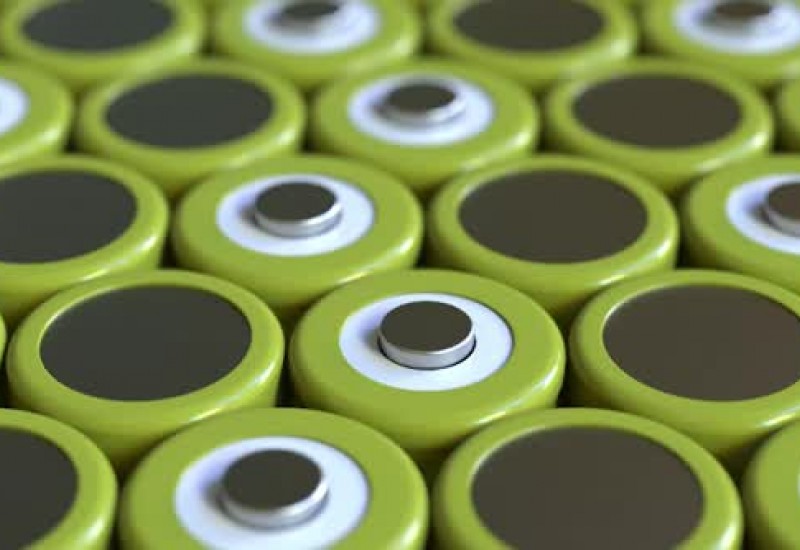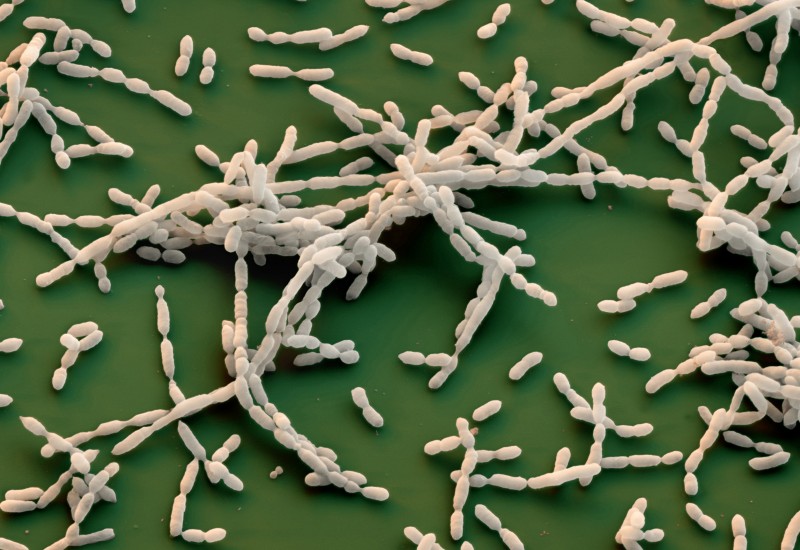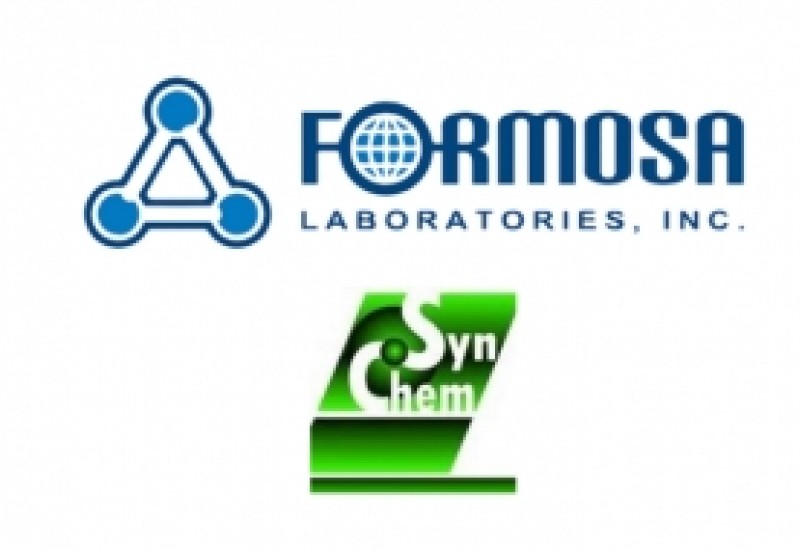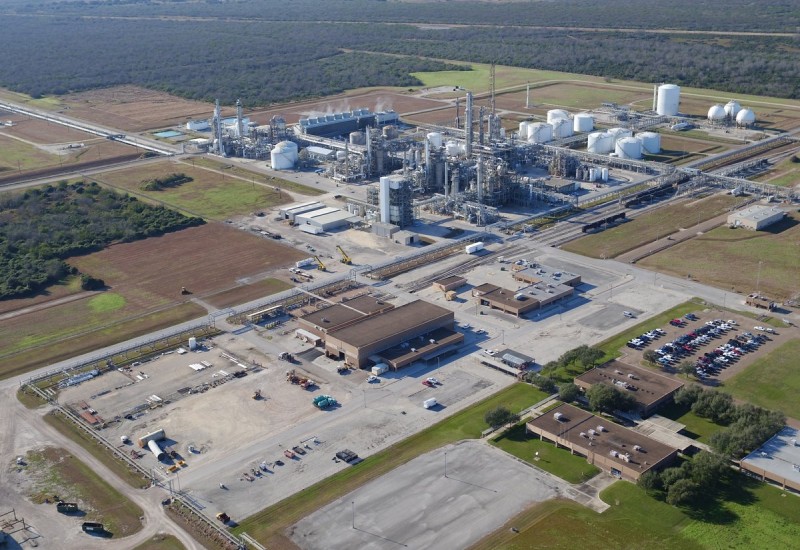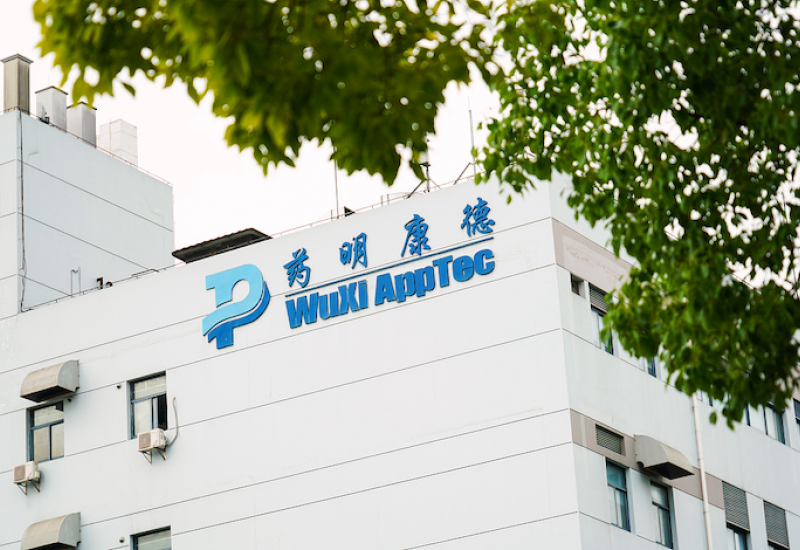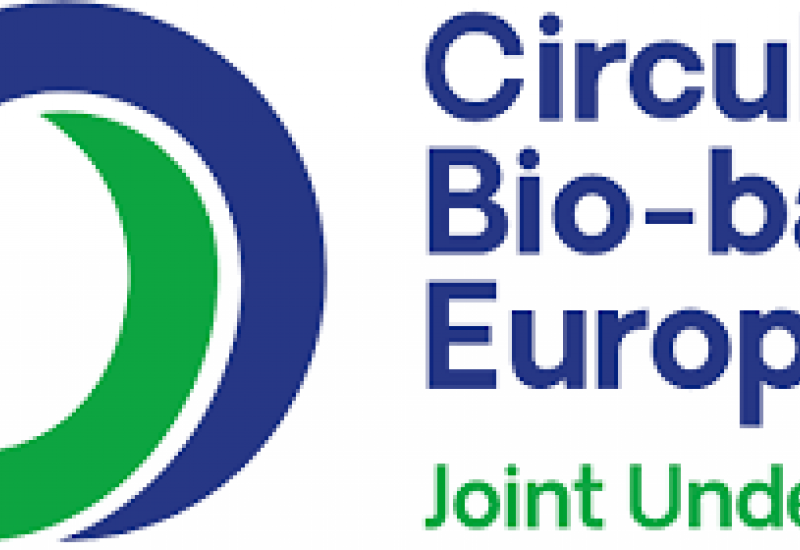Mitra Chem, Sun Chemical in battery deal
Mitra Chem, a specialist in lithium-ion battery materials, has formed a joint project with inks and pigments giant Sun Chemical to develop the first iron phosphate mass production capability in North America. This will be co-located with Mitra Chem's lithium iron phosphate (LFP) production.


